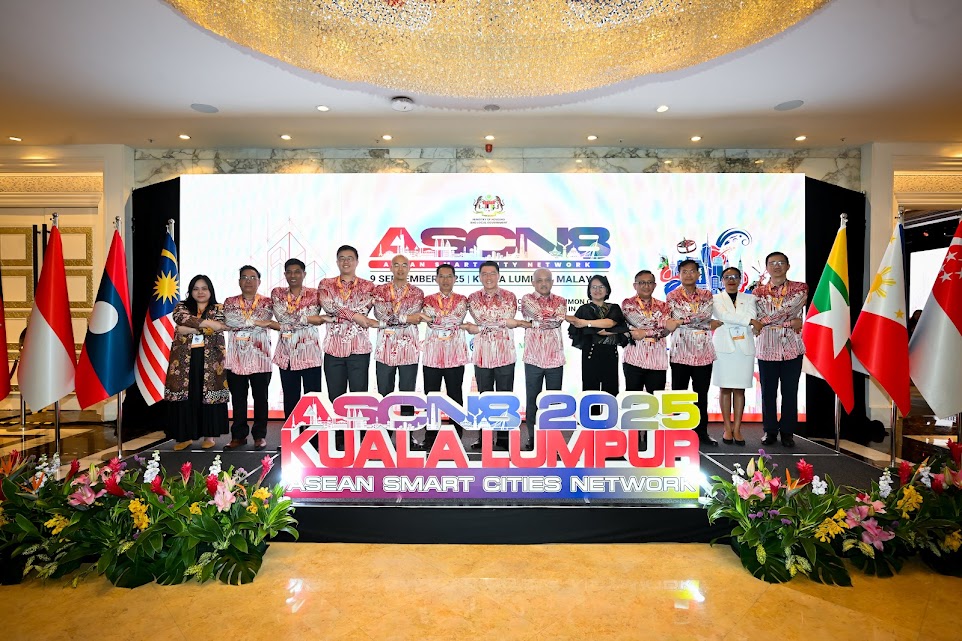Key Takeaways
- The 8th ASEAN Smart Cities Network (ASCN) Meeting focused on the ASEAN Smart City Action Plan 2026-2035 and enhancing regional collaboration.
- Experts discussed strategies for improving governance and investment in smart city projects, emphasizing the importance of private sector collaboration.
- Participants included representatives from Japan, South Korea, and the USA, aiming to foster cooperation on sustainable urban initiatives.
Focus on Smart Urban Development
The 8th ASEAN Smart Cities Network (ASCN) Annual Meeting took place in Kuala Lumpur, Malaysia, gathering members to discuss the upcoming ASEAN Smart City Action Plan for 2026-2035. The agenda included reviewing membership expansion, assessing regional achievements, and sharing experiences and challenges related to smart city initiatives. A key highlight was the emphasis on increasing cooperation with external partners to effectively advance these initiatives.
Following the meeting, the Smart City Expert Talk focused on strengthening collaboration with the private sector, formulating strategies for governance and investment, and generating actionable recommendations to scale smart city projects across the region.
Both events were aligned with the Smart City Connect Exhibition, all held under the theme, “Fostering Stronger Cooperation Towards a Common Goal for Smart and Sustainable Urban Development in ASEAN.” These initiatives were hosted by Malaysia’s Ministry of Housing and Local Government, which is currently chairing the ASCN.
In his opening remarks, Minister of Housing and Local Government, Nga Kor Ming, emphasized that smart cities transcend technology and automation; they are fundamentally about reducing disparities and creating a balanced urban and rural landscape. He highlighted the importance of proactive urban development, stating that the future is shaped by collective action.
Mohd Hazli bin Ahmad, Deputy Secretary General (Sustainability and Strategic Planning) of Malaysia’s Ministry of Housing and Local Government, underscored that the true essence of the ASEAN Smart City Action Plan lies not just in its comprehensive framework, but in the commitment of each member state to its execution. He asserted that smart cities should enhance lives and foster inclusive communities for future generations.
Moreover, representatives from Japan’s Ministry of Land, Infrastructure, Transport and Tourism; South Korea’s Ministry of Land, Infrastructure, and Transport; and the U.S. Department of State participated in discussions to promote smart and sustainable urban developments within the ASEAN region. This international participation signals a collaborative effort to enhance urban living standards and sustainability within ASEAN member countries.
The content above is a summary. For more details, see the source article.















